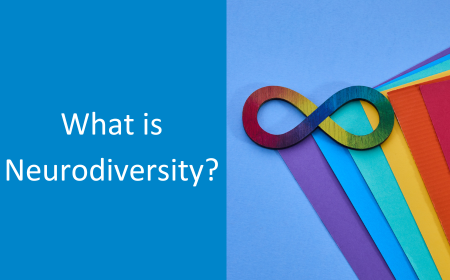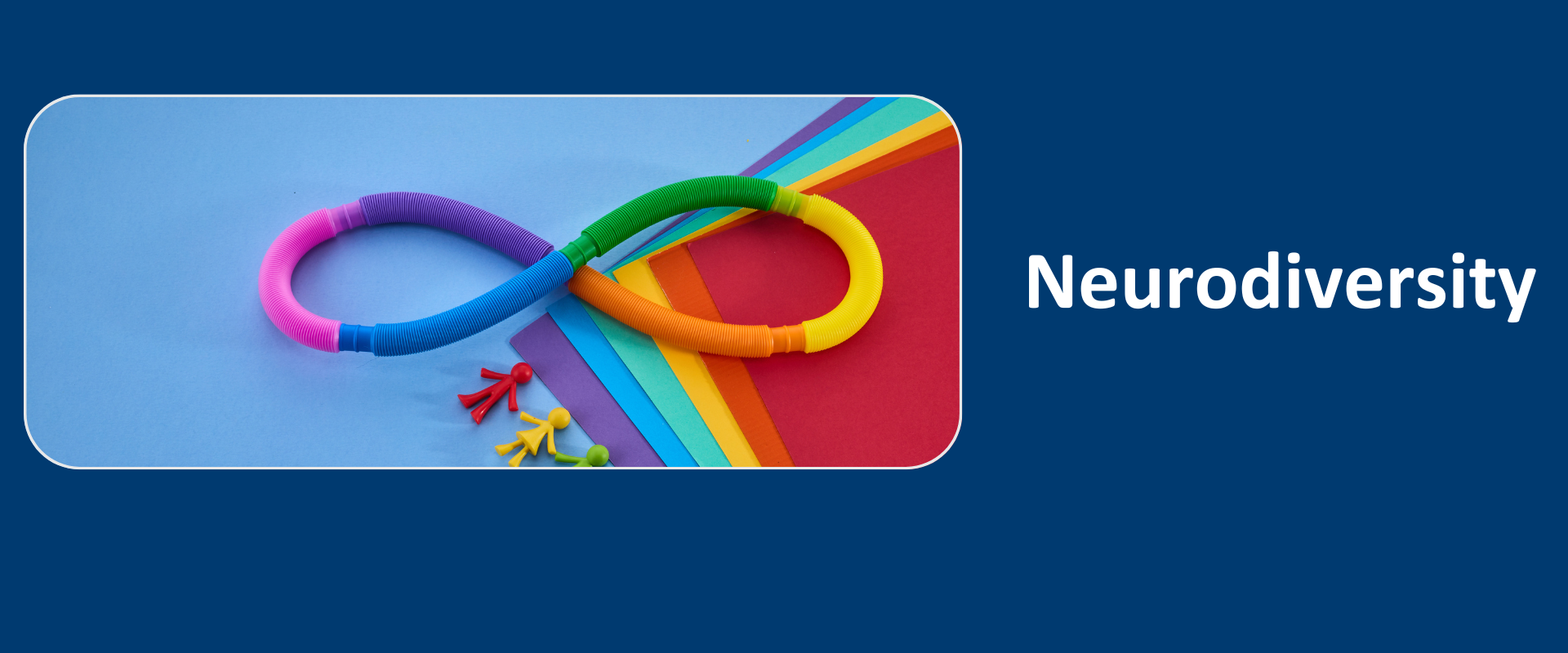
Neurodiversity is a term coined in the 1990s by Australian sociologist Judy Singer. This concept describes variation in human brain functions relating to sociability, learning, attention and mood. Neurodiversity encompasses characteristics traditionally labelled with terms such as Autistic Spectrum Disorder (ASD) and Attention Deficit Hyperactivity Disorder (ADHD). The term ‘Neurodiversity’ is designed to positively reflect the ‘neurological diversity’ of the human brain rather than pathologise difference.
One of the many strengths of the Neurodiversity paradigm is the central aim of highlighting societal barriers. It is hoped that increased understanding and awareness across all sections of society will lead to recognition of the need to remove the barriers and ‘disenablers’, to facilitate full societal participation and to harness the strengths and unique potential of neurodiversity.



